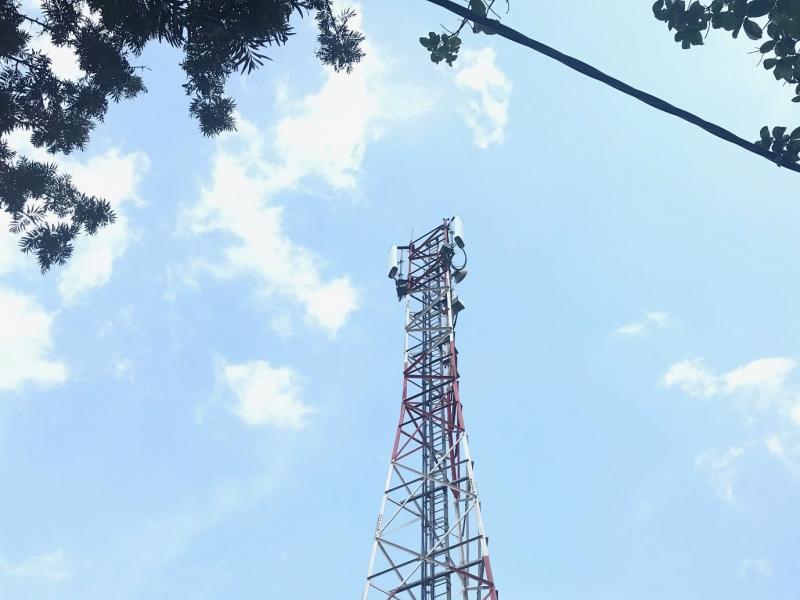×
The Standard e-Paper
Smart Minds Choose Us

The proposed merger between Telkom Kenya and Airtel Kenya was expected to be an easy deal cheered by the market.
Safaricom put some bumps on the road by demanding debts owed by the separate entities and a level playground for the spectrum, one of the key assets in the telecommunications sector. It’s a clever move, you strike when the iron is hot.